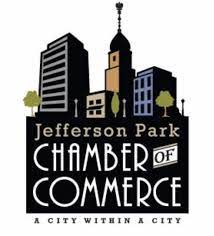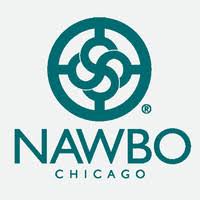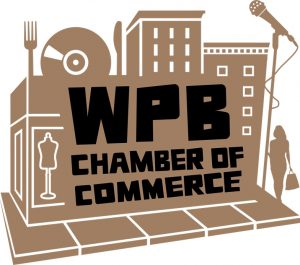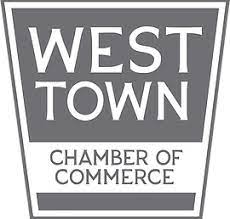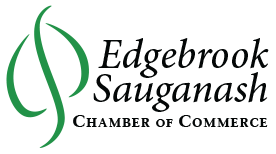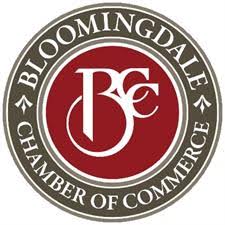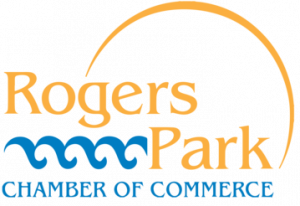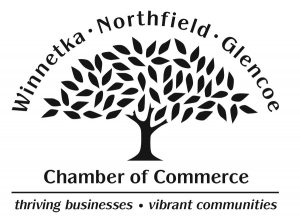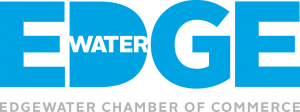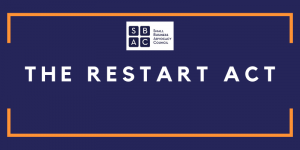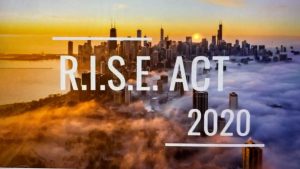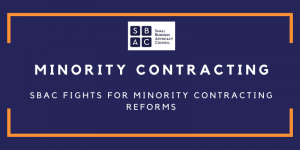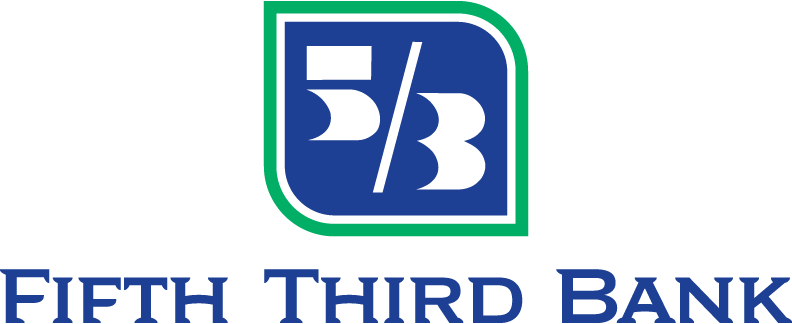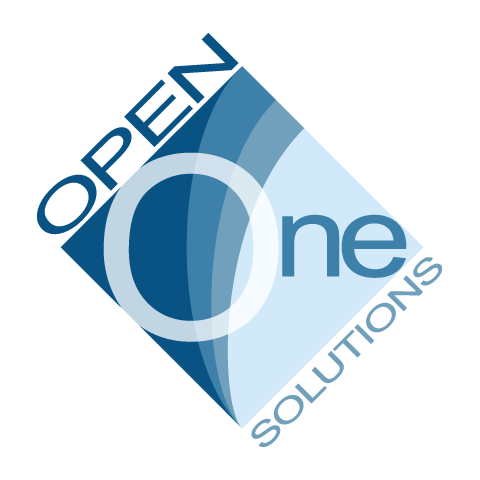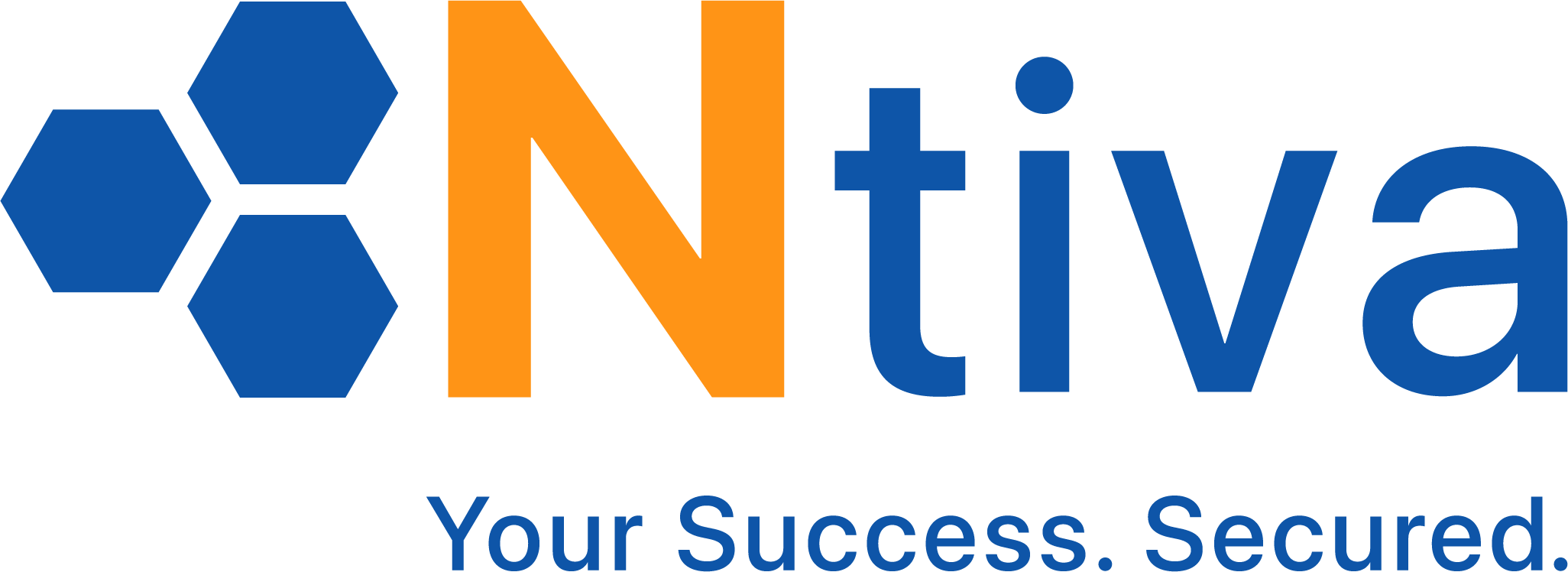THE SMALL BUSINESS PACKAGE
Many small and local businesses have been devastated by the COVID-19 pandemic. The Illinois unemployment rate remains high. Illinois politicians can partner with the small business community to enact policies that will help small businesses through this pandemic, reduce unemployment in our state, grow the Illinois workforce and generate revenue.
There has never been a more important time to support small and local businesses. Passing this agenda can be a game-changer for the small business community and Illinois economy.
The Recovery Initiative to Support Employment Grant Program
Illinoisans have lost their jobs and businesses because of COVID-19. Notwithstanding Illinois’ high unemployment rate, small businesses are struggling to hire employees. We are advocating for the development and implementation of a grant program for small businesses to retrain and hire individuals that lost their jobs or businesses because of the pandemic. Grants should be awarded only to businesses with 50 or less employees and only for net new jobs. These grants should be in the sum of $5000. The total amount of funding in the program should be determined in conjunction with policymakers.
Occupational Licensing Reform
Guarding Against Unnecessary and Burdensome Licenses
Requiring business owners, entrepreneurs, and employees to obtain unnecessary and overly restrictive licenses hurts the Illinois economy. It also holds people back from achieving success. We are advocating for House Bill 4012, which will direct the Illinois Department of Financial and Professional Regulation (IDFPR) to evaluate a newly proposed license and issue a recommendation to state legislators. This recommendation can educate and inform legislators about a proposed license before they take a vote on its enactment.
Eliminating Unnecessary and Burdensome Licenses
It is imperative that policymakers identify and phase out unnecessary and burdensome occupational licenses that hurt individuals, businesses, and our economy. We recommend legislation which will create a licensing committee in both the Illinois Senate and House. This committee will be tasked with analyzing whether existing licenses up for renewal are necessary and if so, whether the goals of the license can be accomplished through less restrictive and burdensome requirements. The committee will then make recommendations for all legislators to consider before they vote to extend a particular license.
Growing Illinois’ Workforce and Tax Base
Illinois can expand its workforce and tax base by honoring occupational licenses from other states. Illinois should pass legislation similar to Arizona’s Universal Occupational Licensing Recognition Bill, which recognizes out-of-state licenses provided certain criteria are met. We propose legislation which will recognize out-of-state licenses if:
- the licensee is currently licensed in another state and has been for at least one year.
- the licensee passed the minimum educational requirements or examinations necessary to obtain the license in the other state and has not had their license revoked.
- the licensee meets all necessary requirements to protect the health, safety and welfare of Illinois residents.
Reduce Recidivism and Grow the Workforce
Legislation should be passed which establishes a task force comprised of bipartisan legislators, IDFPR representatives, consumer advocates, academics, and criminal justice advocates to review whether it is necessary to uniformly exclude individuals with prior felony convictions from obtaining licenses in certain occupations.
Reduce Recidivism and Grow the Workforce – Returning Citizens
We are advocating for American Rescue Plan Act (ARPA) funds to be utilized to facilitate the training and hiring of returning citizens. This grant program will provide qualified businesses with 100 or less employees a grant so long as they train and hire eligible returning citizens in a new occupation. Qualified businesses will need to hire returning citizens for a minimum of 20 hours of work a week and pay the Illinois minimum wage. Qualified employees must be Illinois residents that have been incarcerated within the last five years.
Funding for Intrastate Equity Crowdfunding Portal
We are advocating for an appropriation to build an intrastate equity crowdfunding portal from ARPA funds. This portal will be used to encourage local investment in main street businesses and commercial corridors throughout Illinois. The portal will be administered by either the Department of Commerce and Economic Opportunity (DCEO) or a non-profit third-party vendor.
Funding For Local Chambers of Commerce
Local chambers of commerce which support small businesses and local communities throughout Illinois have been devastated by the pandemic. Lost memberships and the inability to host fundraisers have deeply impacted chambers of commerce. With the Delta variant causing further disruptions, many chambers continue to struggle, and some may not make it through the pandemic.
Some chambers of commerce received Business Interruption Grants, but many did not. Moreover, while Back to Business grants may be available to chambers, these organizations do not wish to compete against their own members for funding. We are advocating for the use of ARPA funds to provide grants for local chambers of commerce with less than 1500 members. These grants should be awarded to chambers which can demonstrate a $5000 or greater loss of gross revenue from 2019 to 2020. The grants should equal two months of that lost revenue.
Funding For Small Commercial Property Owners and Multi-Family Unit Owners
Illinois faces the threat of a foreclosure crisis. Property owners have not been paid rent by struggling small businesses and tenants. While rental assistance has helped small landlords, many have still lost considerable sums of money. We are advocating for the use of ARPA funding to provide grants to struggling property owners, many of whom may face foreclosure without intervention.
Endorsements
Restart Act
THE RESTART ACT The RESTART Act provides a new loan program to fund six (6) months of payroll and fixed operating expenses. Some, or the entirety of the loan, is eligible for forgiveness. The amount that is not forgiven is to be repaid over seven years with favorable interest rates. The loan is 100% guaranteed…
R.I.S.E. Act – A Word from RISE Fest Performers
COVID19 has had a devastating impact on many gig workers and independent contractors. During our SBAC Rise Fest, we had a chance to speak candidly with our local performers on how they’ve been affected by the pandemic. They explain the loss in their community, in their work, and how their jobs have shifted. Their stories…


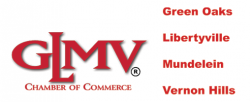


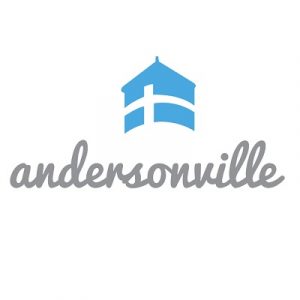

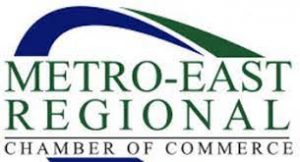
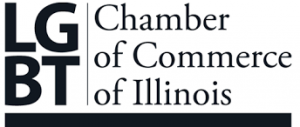
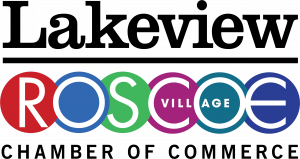


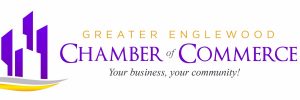

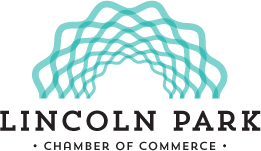
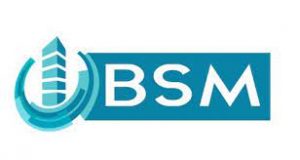
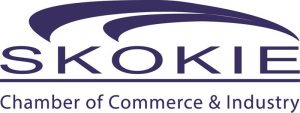

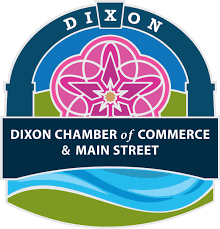
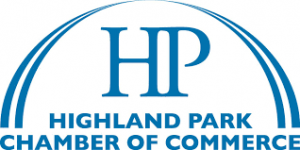


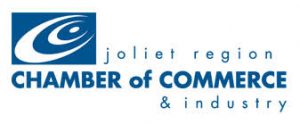
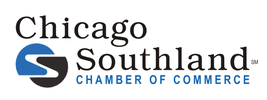
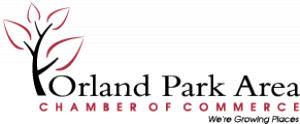


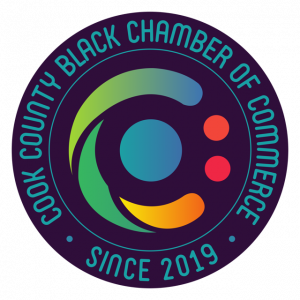



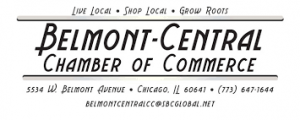
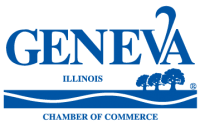
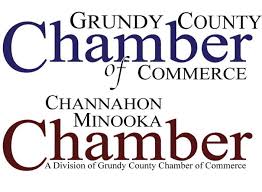
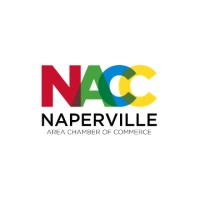
![EPCC GREEN Logo[1] EPCC GREEN Logo[1]](https://growthzonecmsprodeastus.azureedge.net/sites/1994/2021/09/EPCC-GREEN-Logo1-44bb85d4-e410-45e1-b79c-a16df61ea1c8.jpg)
